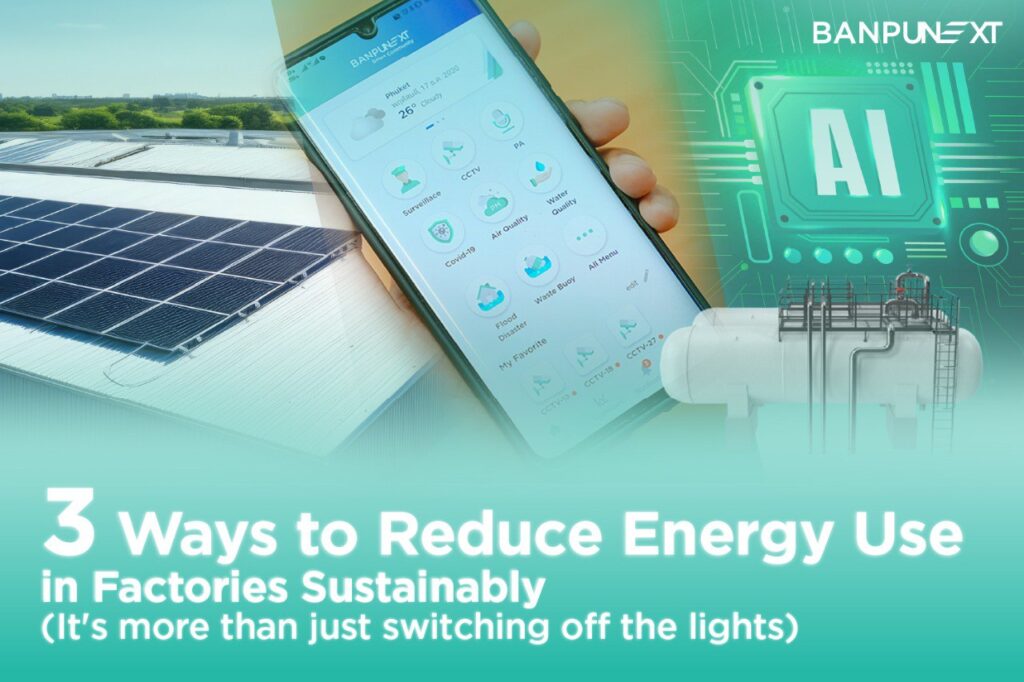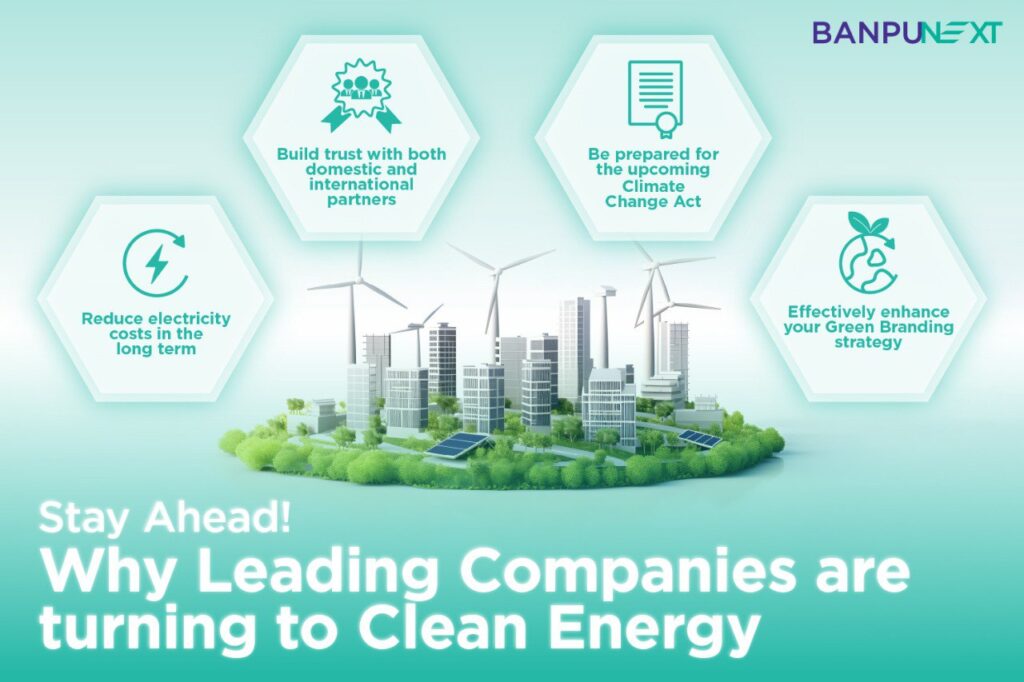Amidst volatile energy prices and growing sustainability pressures, businesses of all sizes are facing mounting challenges in managing energy costs efficiently. Energy Trading, or the ability to buy and sell energy in a liberalized market, has yet to be implemented in Thailand, but is quickly emerging as a key trend to watch in 2025—especially for organizations aiming to plan strategically for long-term energy cost control and move toward Net Zero goals.
What is Energy Trading—and Why Should Thai Businesses Pay Attention Now?
Energy Trading refers to a liberalized energy system where consumers can freely choose where and how to buy their electricity, rather than being tied to a single provider under a monopolized model. This opens the door to more flexible cost management and the ability to source clean energy at competitive rates.
While Thailand has yet to fully liberalize its electricity market, countries such as Japan, Singapore, and Australia have already adopted Energy Trading. Businesses in those markets now enjoy more control over their energy sourcing—balancing cost efficiency with sustainability.
For Thai businesses, understanding this concept isn’t just about keeping up with trends. It’s about gaining strategic advantage ahead of future liberalization.
Why Businesses Should Start Learning About Energy Trading Now
- It’s a Complex System That Takes Time to Master– Energy Trading goes beyond price negotiations. It involves understanding market mechanisms, energy management technologies, and relevant regulations. Companies that start preparing early will be better positioned to benefit once the system is introduced.
- Thailand’s Energy Policies Are Evolving– While a fully open market is not yet in place, Thailand is moving toward more liberal policies—particularly in renewable energy and smart grid development, which are foundational to Energy Trading.
- It Supports Net Zero Goals– The ability to purchase clean electricity from new suppliers via trading platforms will be key to helping organizations reduce carbon emissions and meet Net Zero targets.
- Global Market Integration Is Already Underway– Thai businesses connected to global supply chains are increasingly pressured by international partners operating in liberalized energy markets to shift toward clean energy. Additionally, for companies expanding into countries with open electricity markets, understanding how to trade energy will create a cost and competitiveness advantage.
Banpu NEXT: Preparing Thailand’s Business Sector for the Future of Energy Trading
As a leading Net Zero Solutions provider in the Asia-Pacific region, Banpu NEXT brings real-world experience in Energy Trading through its operations in Japan—one of the most advanced merchant power markets in the world.
This international experience has equipped Banpu NEXT with deep insights into energy trading systems—from policy-level frameworks and price risk management to advanced digital platforms that optimize energy use, manage volatility, and unlock new revenue opportunities.
As a clean energy expert, Banpu NEXT does more than monitor Thailand’s evolving energy policies. The company is committed to advising and empowering Thai businesses with the knowledge and tools they need to plan effectively for long-term energy strategy in a changing energy landscape.
While Energy Trading is not yet a reality in Thailand, early preparation is key. Businesses that take proactive steps now will be better positioned to lead in cost efficiency, sustainability, and competitive advantage in the new energy era.
Learn more about Banpu NEXT (Visit our website – Home page)
References :
- https://www.erc.or.th/th/energy-articles/2932
- https://www.greennetworkthailand.com/energy-trading-platform/
- https://www.electricityandindustry.com/banpu-power-energy-trading/
- https://www.sdgmove.com/2021/11/13/sdg-updates-electrification-and-roles-of-markets-in-just-energy-transition/
- https://capex.com/en/academy/energy-trading







